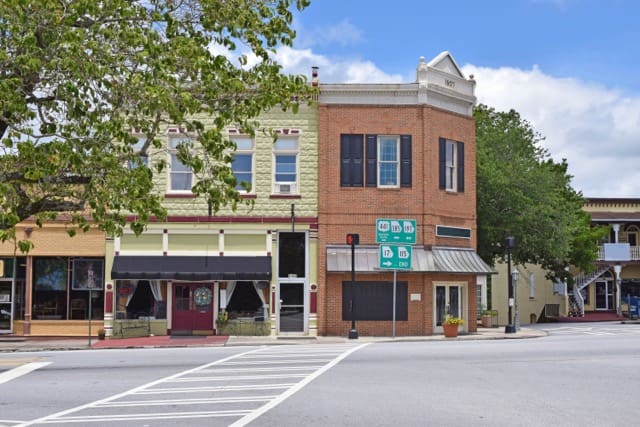
A recent USA Today article, “Communities strive to be ‘dementia-friendly’ as Alzheimer’s numbers grow,” takes a look at the changing face of dementia within society and the growing need for communities to foster awareness of what dementia is and how to interact with someone living with it.
The need for dementia-friendly communities has become more apparent as memory loss impacts the large population of Baby Boomers. As a group, boomers typically stay active into their later years, and it’s becoming more commonplace for such individuals—at least in the earlier stages of dementia—to remain involved in their communities, from attending church to visiting restaurants, retail stores and local attractions.
But as the USA Today articles notes, encounters between individuals with dementia and the general population can be awkward and painful at times, for everyone involved, particularly when a server or clerk is not aware an individual has dementia or has no idea how to handle such a customer.
And it’s not just servers and clerks who could use guidance on dementia, but community members in general. In the article, Ron Grant, who has Alzheimer’s disease, describes a series of interactions in which well-meaning church members would ask Grant’s wife how he was doing as he stood there next to her—fully capable of speaking for himself. Eight years into his diagnosis, Grant still finds that people often don’t know how to relate to him.
Profiled in the article, Dementia-friendly America (DCA), a coalition of 35 national nonprofits, foundations and healthcare-related businesses wants to change all of this. The coalition, which offers an instructional toolkit for becoming dementia-friendly on their website, is focused on reducing stigma and increasing sensitivity throughout a community.
At Bridges® by EPOCH, we support the work of DCA, and we’re committed to acting as a resource for the greater community with our free educational presentations and support groups that we host at our memory care communities. (Find a Bridges® event by clicking on a community near you and viewing their event calendar.)
While things may not change overnight, it’s inspiring to know that around the world, concerned people are working hard to transform communities into supportive and welcoming places for residents facing memory loss.

